Jakub Georgiev comes from a family of actors—his parents even founded a theater in Ostrava. In The Pilot and the Little Prince, he plays the role of the Little Prince. After the performance, he shared his thoughts on the role, working with director Jakub Maksimov, current themes in Czech youth theater, and what it’s like to perform for young audiences.
What was it like working on this kind of play?
It was quite a challenge, mainly because the show involves a puppet that has to be animated by several people, and I’m on stage for 90% of the time. It demanded full concentration and teamwork, especially with the director. Improvisation played a big role—Jakub Maksimov encouraged us to explore scenes freely, so the script evolved a lot during rehearsals. It was also the first time our theater had tackled this kind of production, which made it all the more intense.
The story touches on the life of a historical figure known for his curiosity and expansive worldview. What emotions did that bring out in you?
I really enjoyed it, even though it was tough. The Little Prince means a lot to me—I love the book and what it represents for so many people’s childhoods. Our play isn’t based on the book itself, but rather on the dramatic life of Antoine de Saint-Exupéry. I reread the book during rehearsals, and even though I’m 25 now and a new father to a five-month-old son, I still felt like a little boy at heart. It was a joy to be part of this story.
The children in the audience seemed intrigued from the start. At first, they were unsure what language the performance was in—some thought it might be English or even Slovenian. They tried to follow the subtitles but eventually gave up and simply followed the story visually. What was your impression of their engagement?
That’s a great observation—and also a complicated question. If we really knew what captures kids' attention best, we’d be making the greatest theater in the world! Children’s concentration is fleeting, and today we’re competing with fast-paced content like short videos and social media, which can be addictive. Still, literature like The Little Prince offers depth that sticks. It’s rich material that means something different to everyone. Theater is trying to keep up with the speed of digital life—but maybe the answer is the opposite.
To slow things down?
Exactly. Maybe slowing down is the new speed. Maybe we need to encourage children to sit down, take their time, and really immerse themselves in a story.
Do you think the audience managed to do that tonight?
Yes, they were wonderful. I only regret that not everyone had a clear view of one of my favorite moments—the scene between the Little Prince and the Fox. It’s such a beautiful and meaningful part of the play. I saw kids standing up, trying to see better. That curiosity means a lot.
What kinds of plays do you enjoy performing—and watching?
When I perform for children, especially as a puppeteer, I love fairy tales. But I also enjoy drama—I grew up with it, thanks to my parents. As an audience member, I like plays that move me emotionally, that shake me up. I want to cry in the theater.
Are there any noticeable trends in Czech puppetry or youth theater right now?
Definitely. There’s a strong focus on themes that matter to young people—especially older kids and teens. Topics like sexuality, gender identity, and LGBTQ+ experiences are coming to the forefront. These aren't taboo in the Czech Republic, unlike in some other countries. For example, we're currently working on a play about the incel subculture, intended for audiences 14 and up. It’s about toxic masculinity and involuntary celibacy—important, relevant issues that young people are grappling with. I think it’s vital we address these topics honestly in theater.






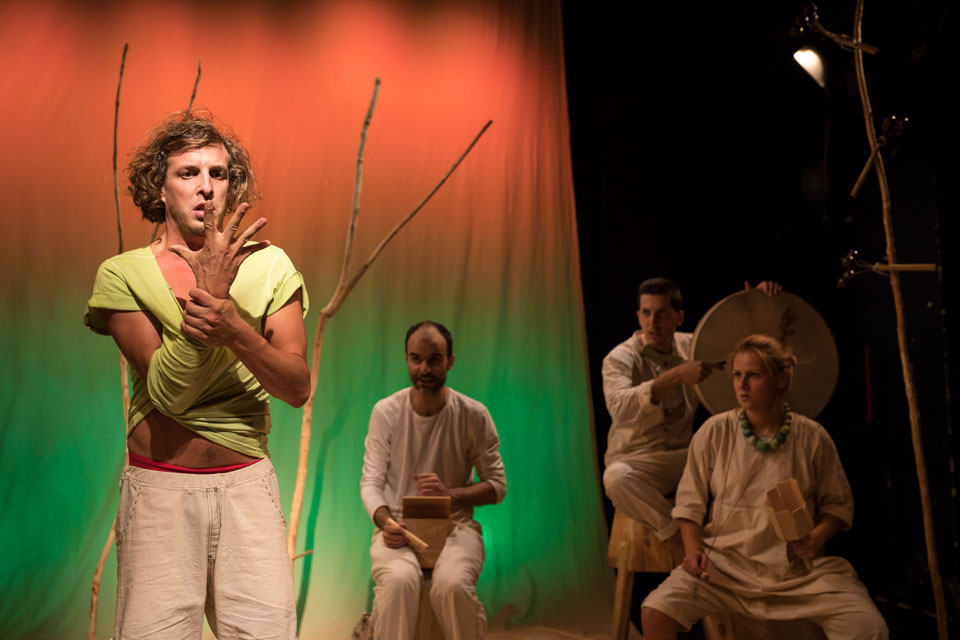
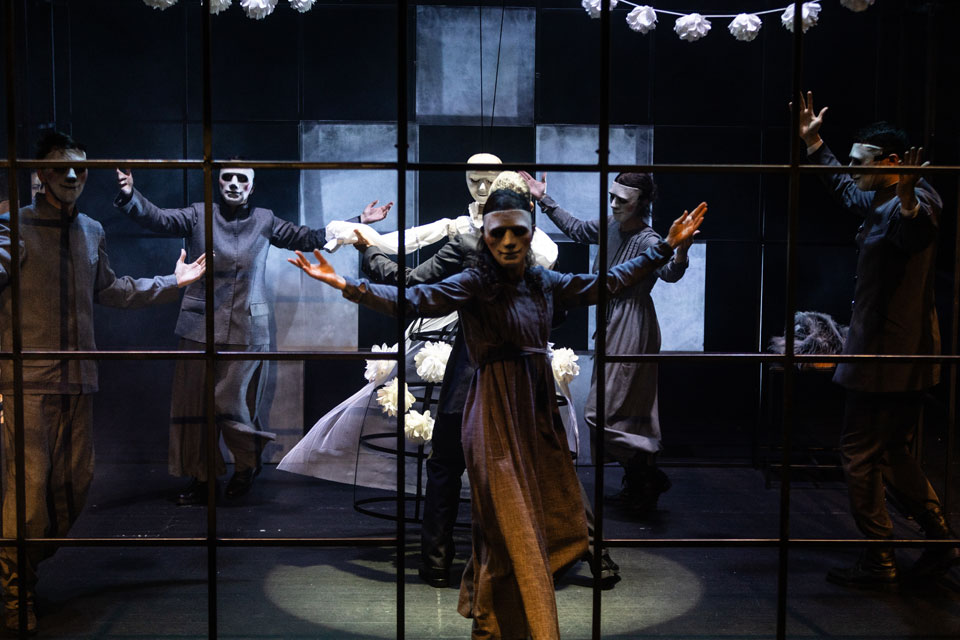
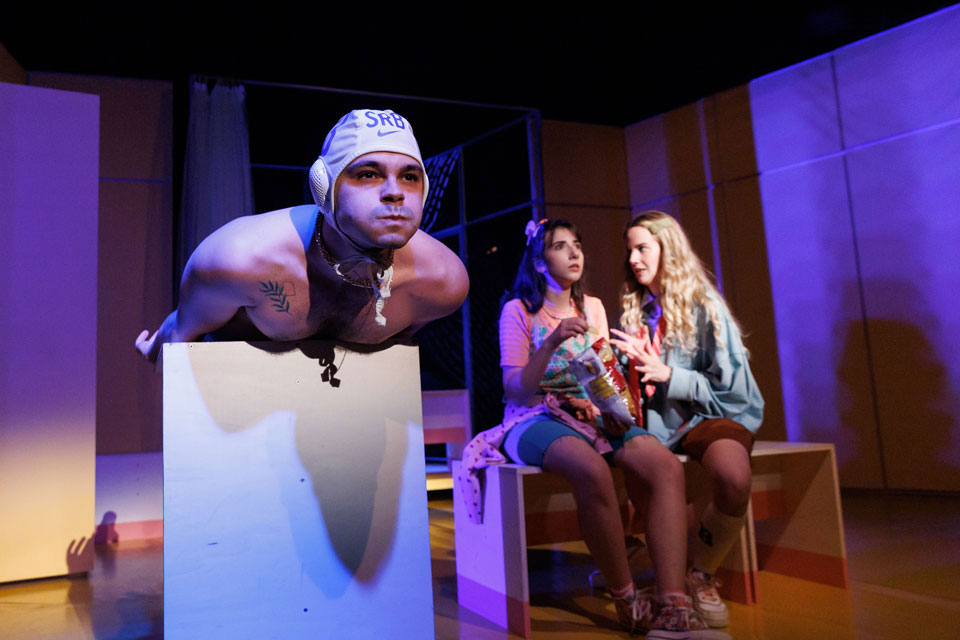
 By Borisav Matić
By Borisav Matić
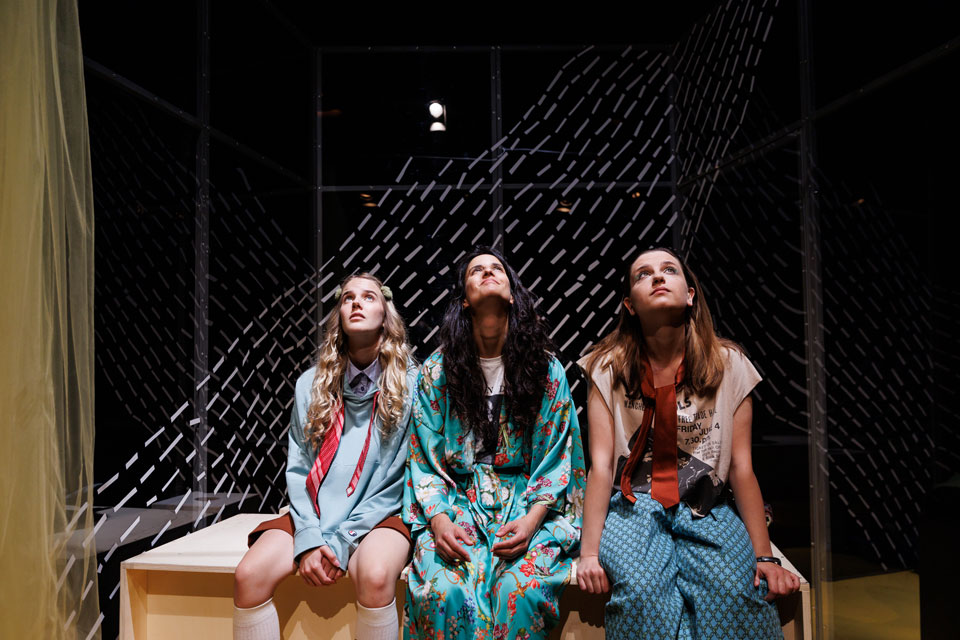
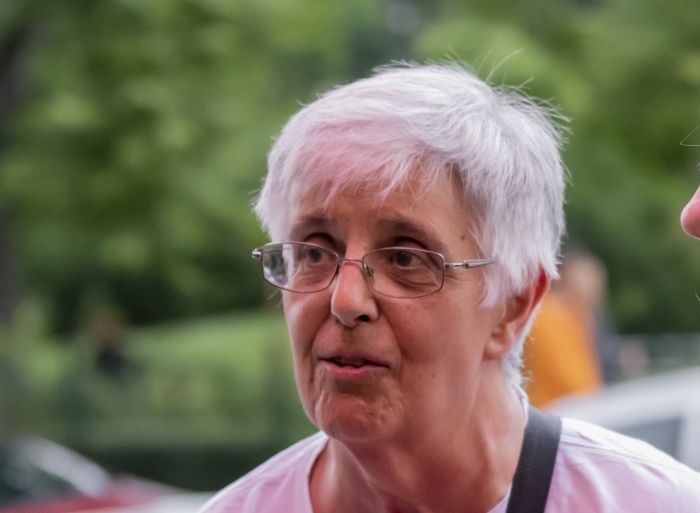 By Olga Vujović
By Olga Vujović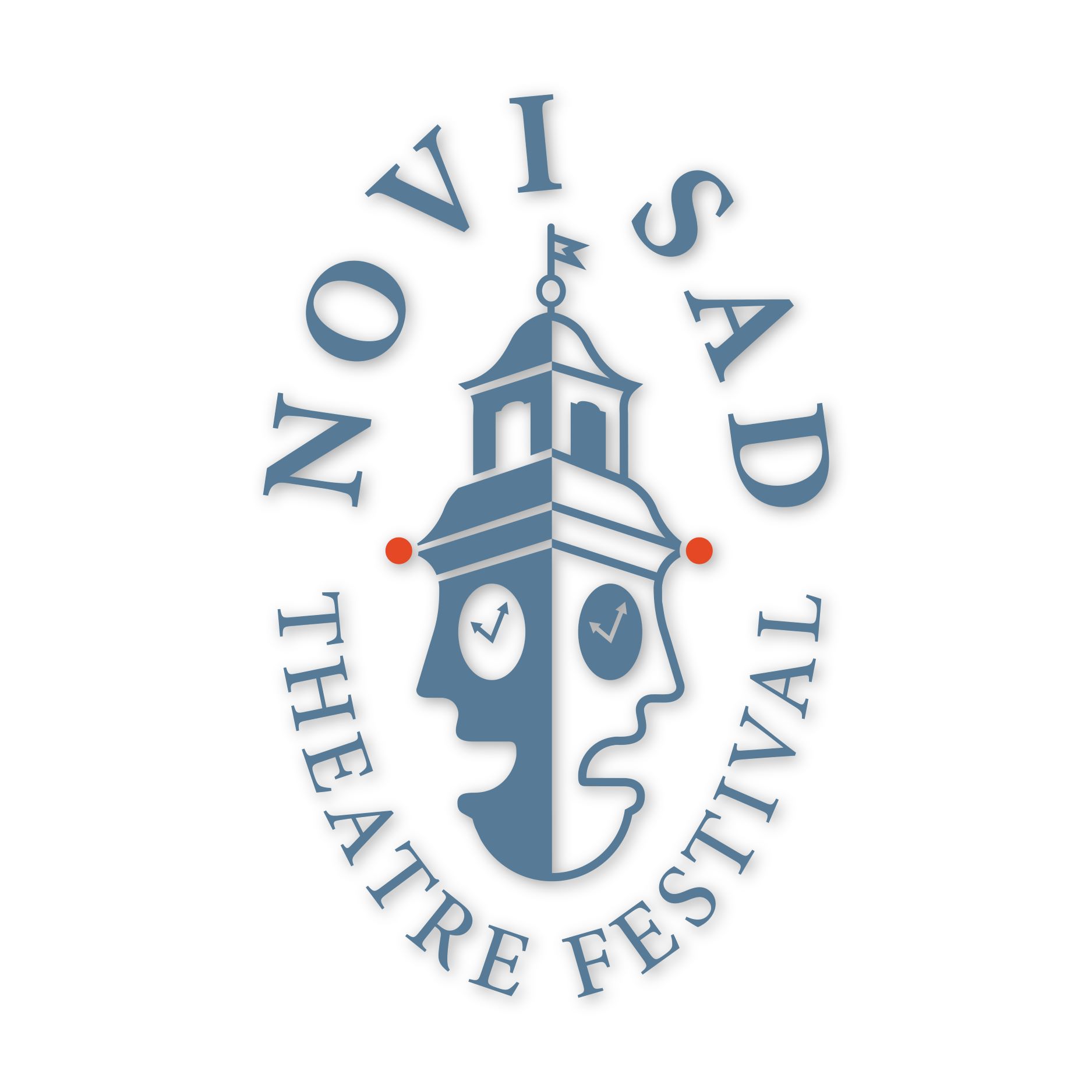

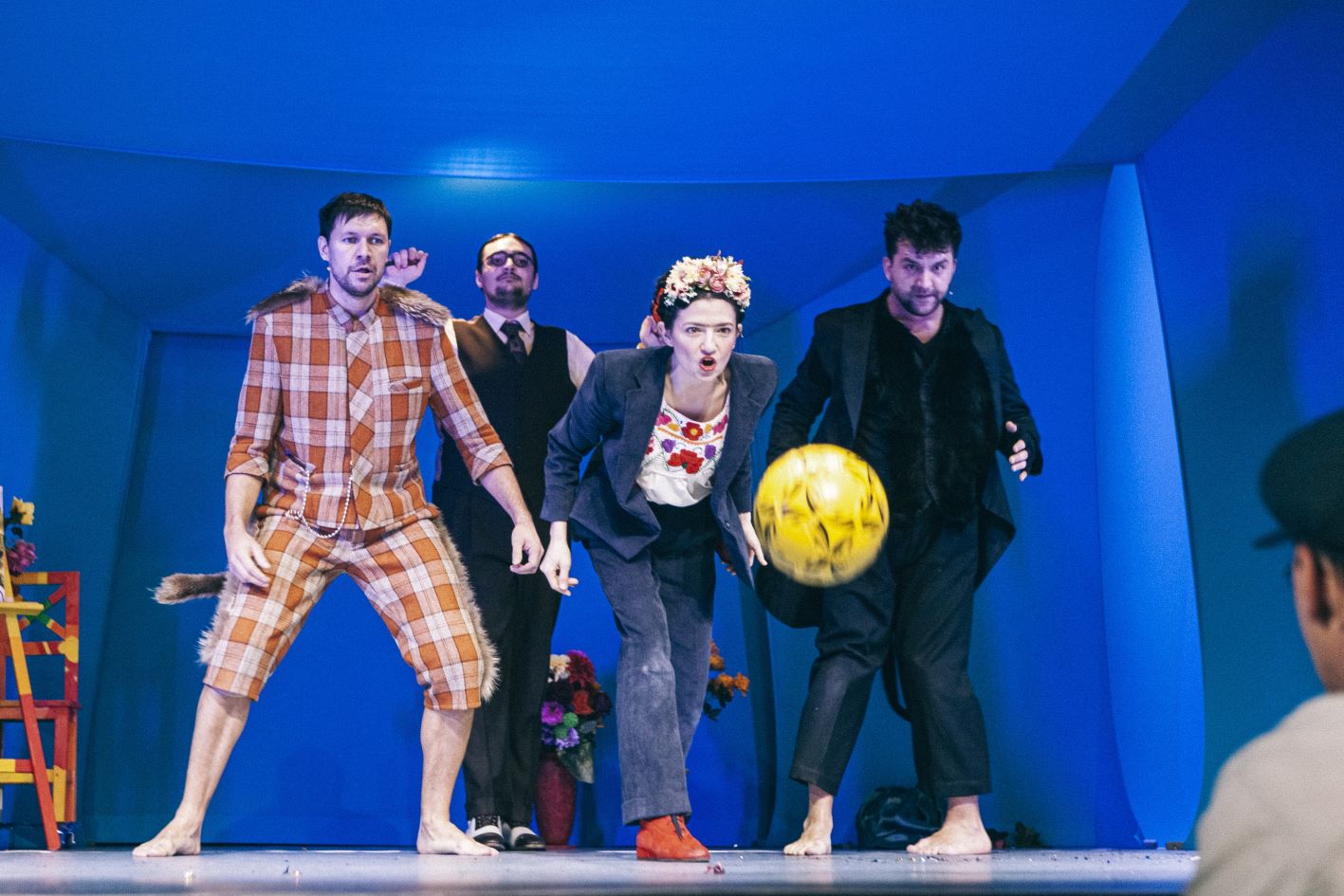
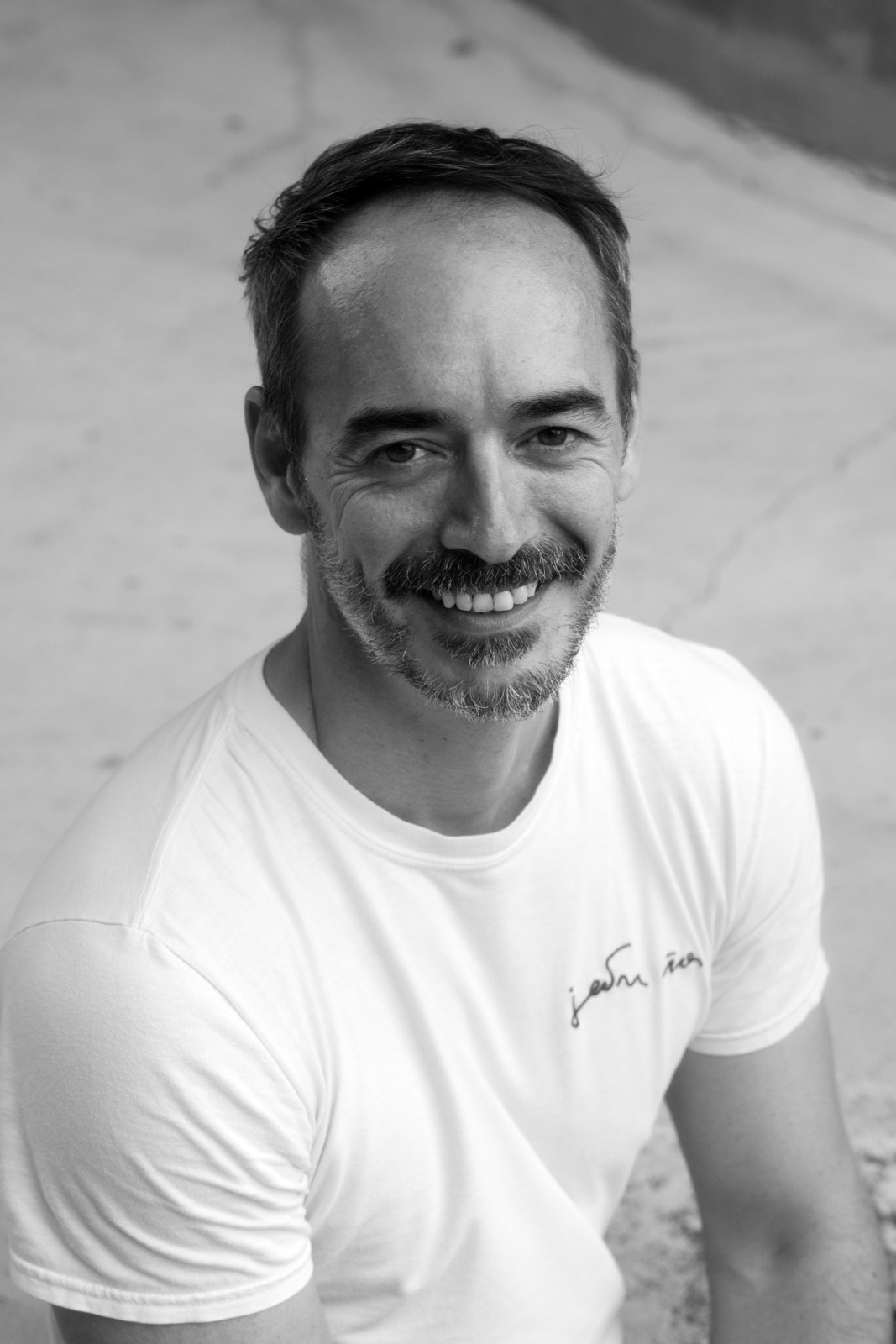
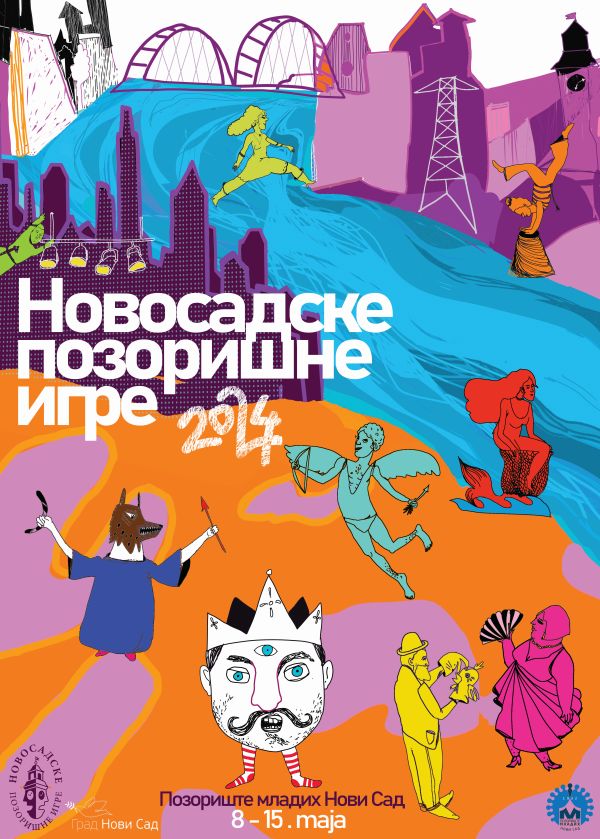
 Every festival represents competition and socializing, comparison and affinity, and that is what we had at the Third International Festival of Professional Theatres for Children and Youth "Novi Sad Theater Festival", held from May 8 - 15, 2024, at the Youth Theatre in Novi Sad. The selector and director of the Festival was an actor and acting director of the Novi Sad Youth Theatre, Aleksandar Ćurčić, and the main selection, consisting of ten plays, was created (as usual) by a combination of the offered plays, the possibility of their performance at a given time and the personal taste of the selector (as Ćurčić writes, "the festival is a bond between different cultures and countries, different ideas, emotions and perspectives").
Every festival represents competition and socializing, comparison and affinity, and that is what we had at the Third International Festival of Professional Theatres for Children and Youth "Novi Sad Theater Festival", held from May 8 - 15, 2024, at the Youth Theatre in Novi Sad. The selector and director of the Festival was an actor and acting director of the Novi Sad Youth Theatre, Aleksandar Ćurčić, and the main selection, consisting of ten plays, was created (as usual) by a combination of the offered plays, the possibility of their performance at a given time and the personal taste of the selector (as Ćurčić writes, "the festival is a bond between different cultures and countries, different ideas, emotions and perspectives").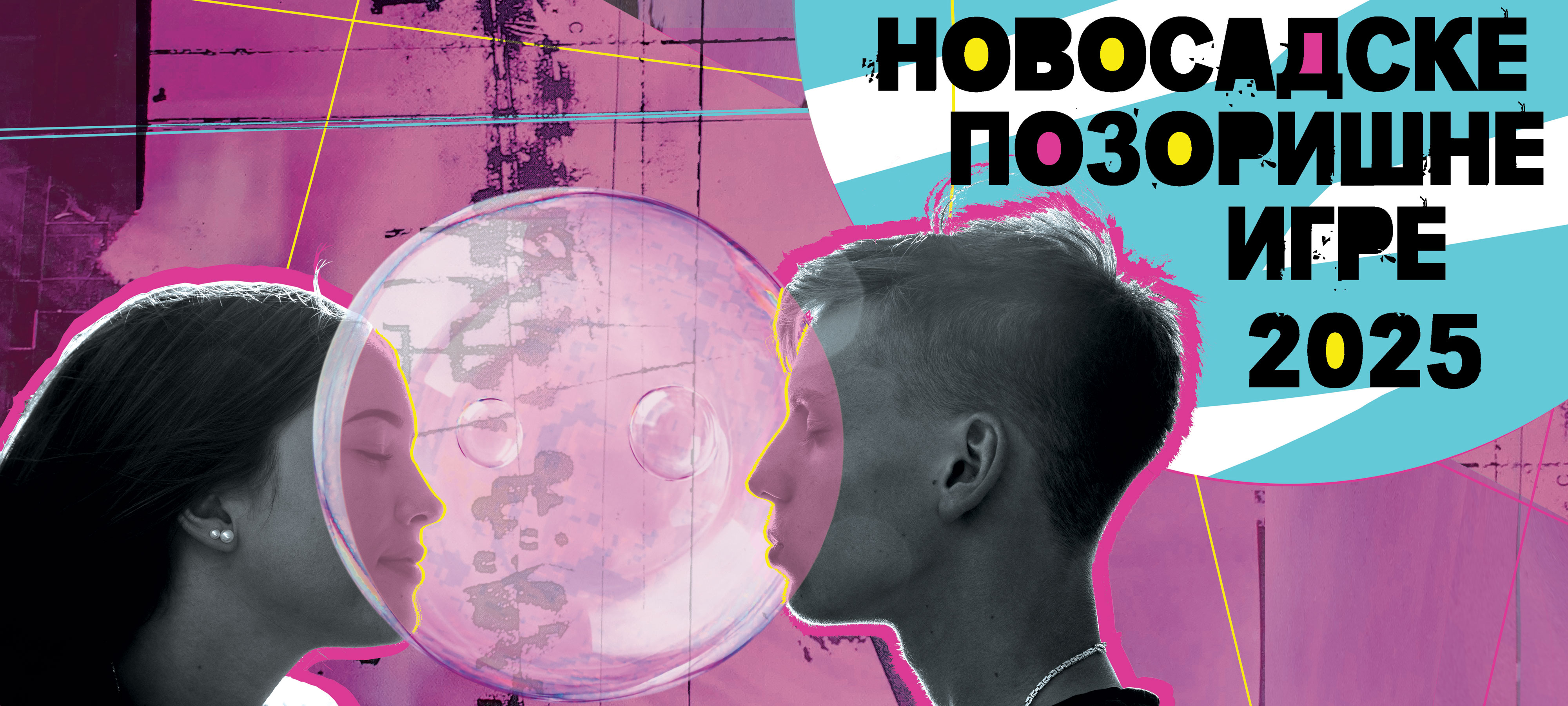

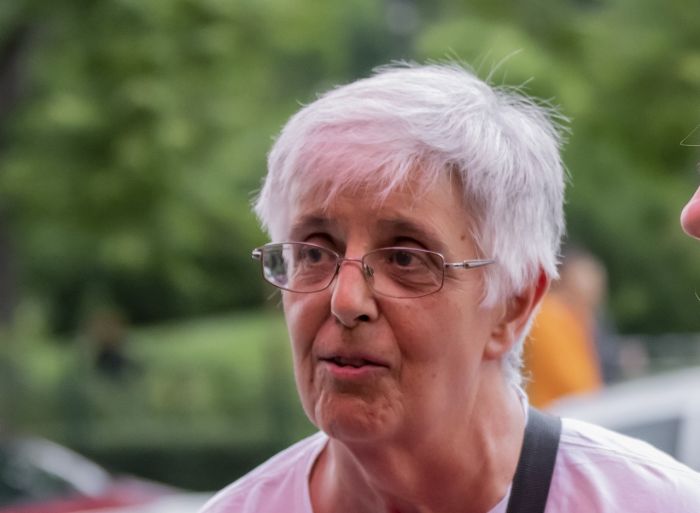 The favorite phrase "Zucker kommt zuletzt" (German: Sugar comes at the end) means that the best comes at the end, but that's not how I would describe the play "Little Red Riding Hood" by author and director Luana Gramegna, produced by Zaches Teatro from Florence (Italy), the last performance of the competition program of the Third International Festival of Professional Theatres for Children and Youth "Novi Sad Theatre Festival" (May 8-15, 2024).
The favorite phrase "Zucker kommt zuletzt" (German: Sugar comes at the end) means that the best comes at the end, but that's not how I would describe the play "Little Red Riding Hood" by author and director Luana Gramegna, produced by Zaches Teatro from Florence (Italy), the last performance of the competition program of the Third International Festival of Professional Theatres for Children and Youth "Novi Sad Theatre Festival" (May 8-15, 2024).